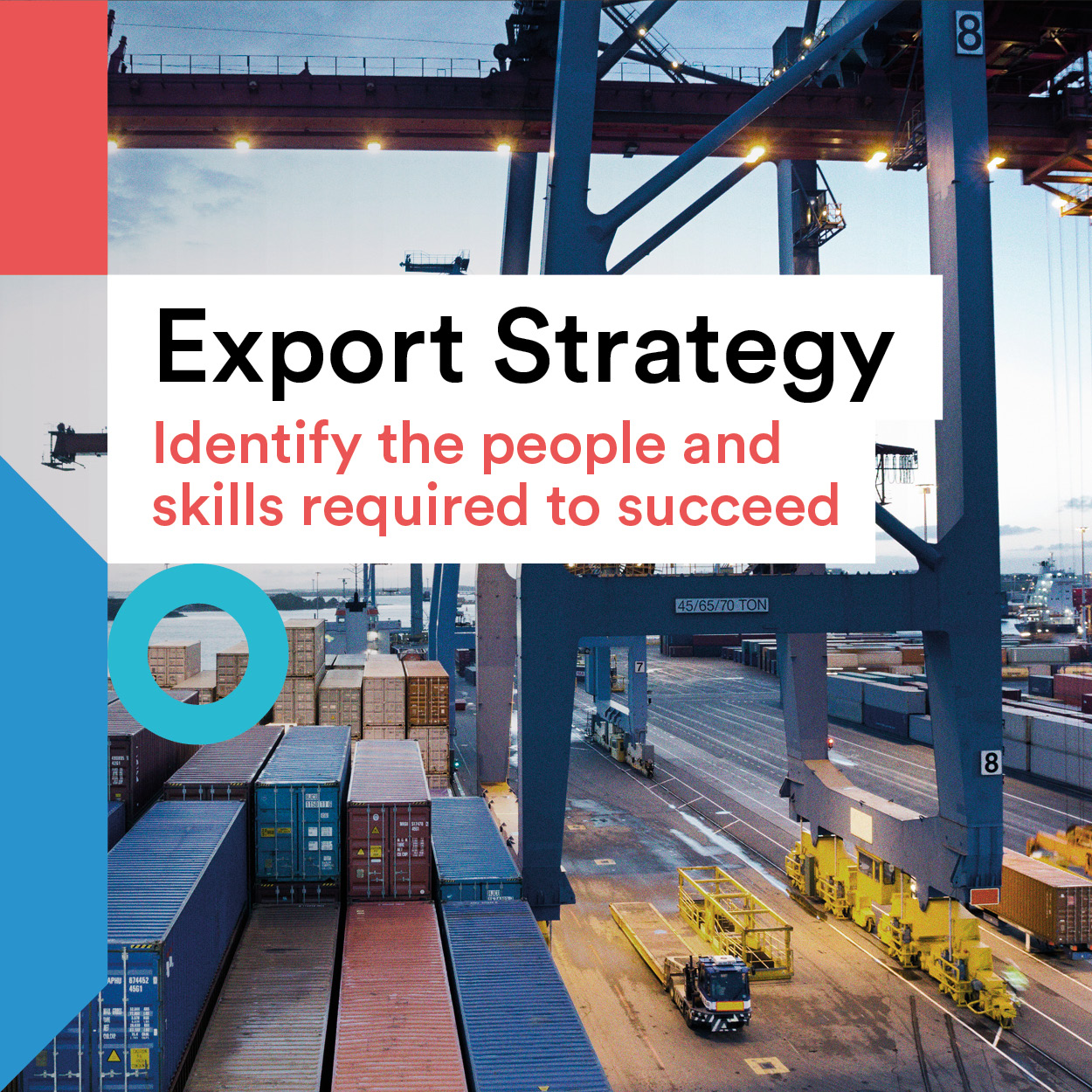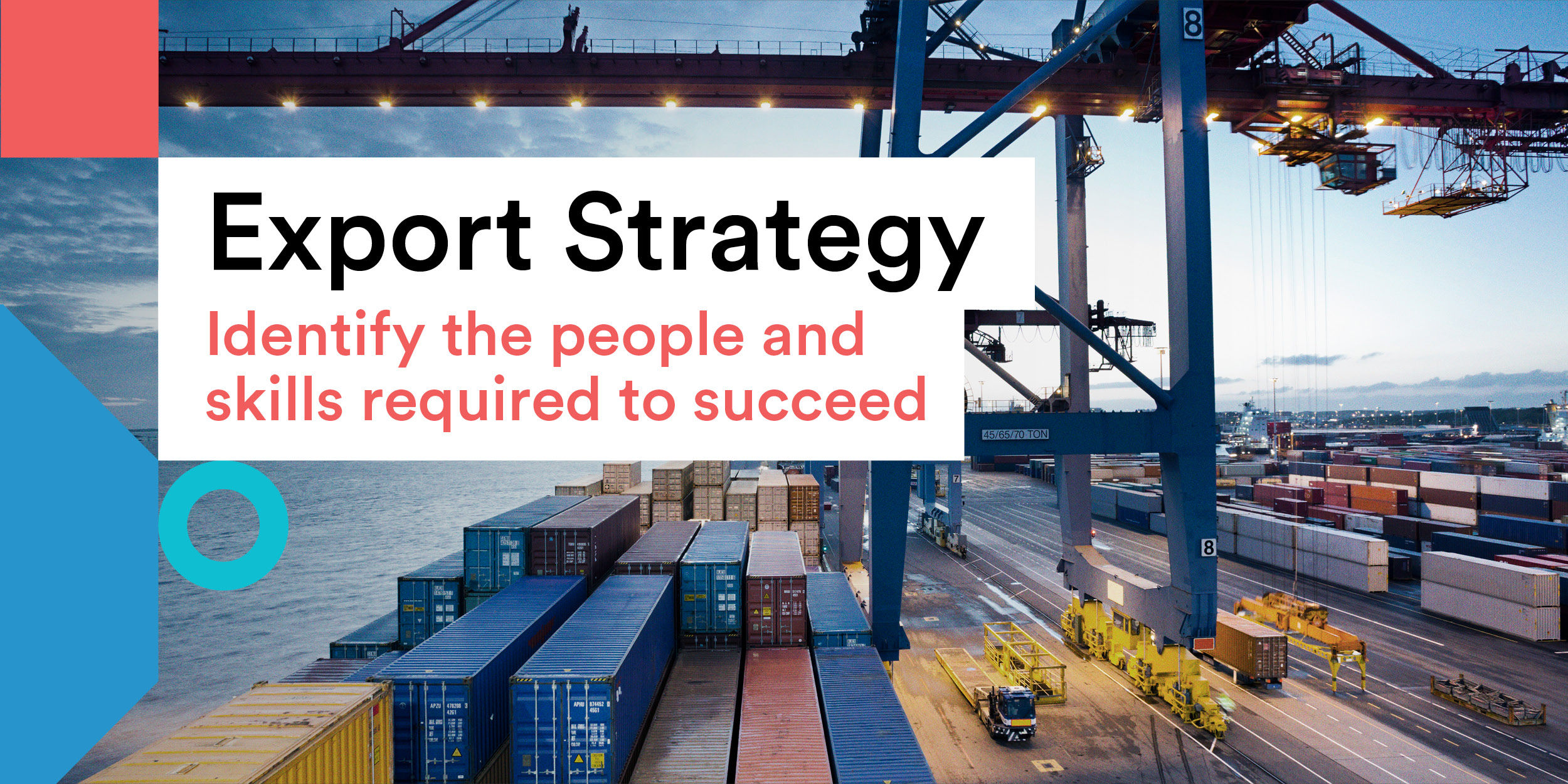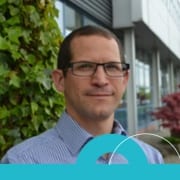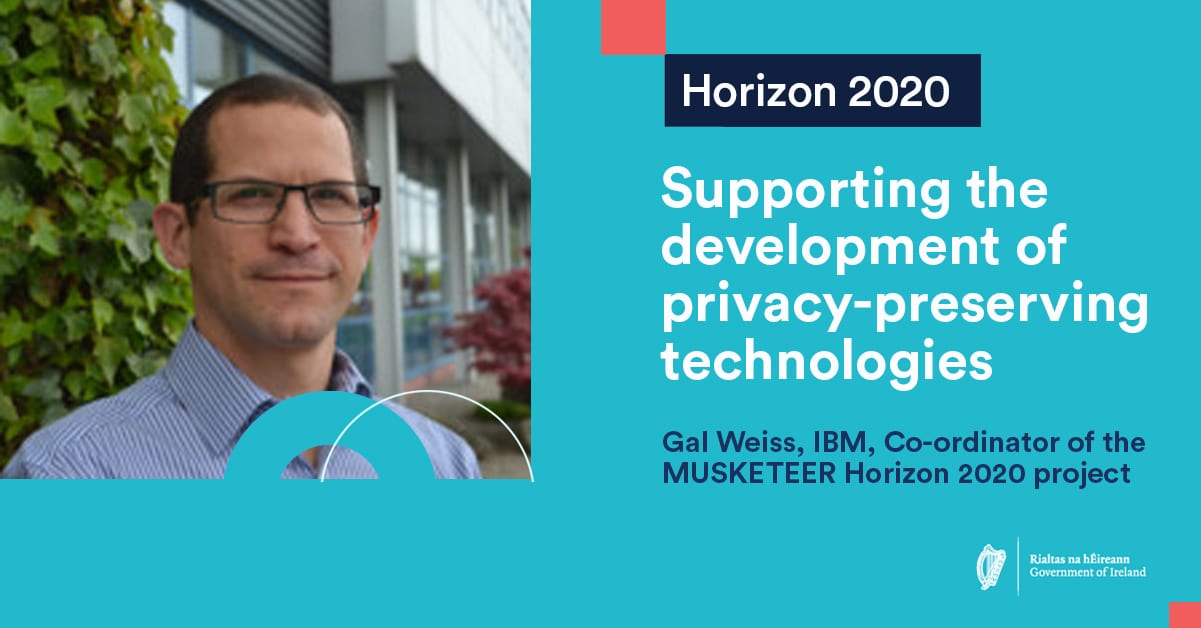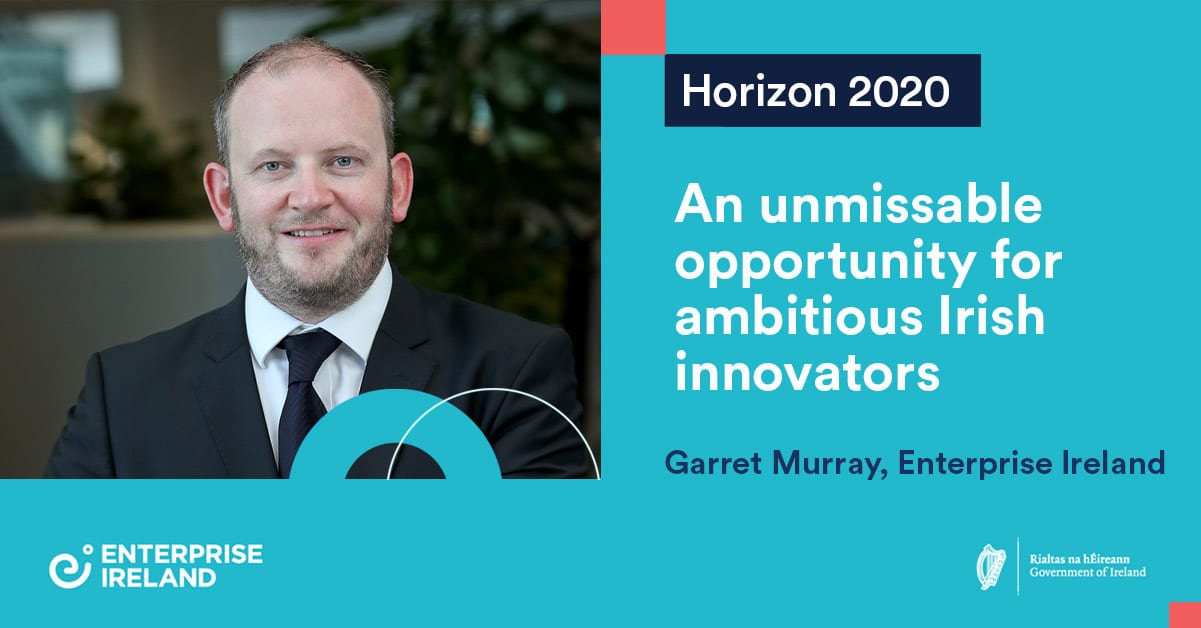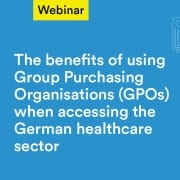c2GRAN: Using Horizon 2020 support to reduce 5g energy consumption
“H2020 offers funding opportunities for projects at every scale and an open call can be easily found relevant to your idea.”
Ehsan Elahi, TSSG, Co-ordinator of the C2GRAN Horizon 2020 open call project
Overview:
- The European Union’s Horizon 2020 research and innovation programme has supported almost 150,000 participants in over 30,000 projects.
- The C2GRAN project received €75,000 in Horizon 2020 supports.
- The c2GRAN project aims to minimise energy consumption and carbon emissions related to the usage of 5G radio access networks.
Overview:
- The European Union’s Horizon 2020 research and innovation programme has supported almost 150,000 participants in over 30,000 projects.
- The C2GRAN project received €75,000 in Horizon 2020 supports.
- The c2GRAN project aims to minimise energy consumption and carbon emissions related to the usage of 5G radio access networks.
The European Union’s Horizon 2020 research and innovation programme has a budget of over €80 billion over seven years (2014–2020) and so far has supported almost 150,000 participants in over 30,000 projects with an average project grant of €1.9m.
Such huge numbers may seem intimidating to individual researchers who are seeking funding for small projects. But the good news is that through Horizon 2020’s system of cascade, or open call, funding there are extensive opportunities to access support for smaller projects.
Ehsan Elahi, a Senior Software Engineer at TSSG, is one of many researchers who has benefitted from the system. He received €75,000 for his six-month C2GRAN project, which aims to minimise energy consumption and carbon emissions related to the usage of 5G radio access networks.
“People are using 5G radio access networks for many things like watching HD videos, two-way video streaming, downloading or uploading huge data files. This requires consumption of a huge amount of energy which causes high levels of carbon emissions. C2GRAN aims to minimise the energy consumption and carbon emissions by using machine learning to auto-scale the available resources according to demands and migrating the resources to where renewable energy is being used,” explains Elahi.
The small project involved just two TSSG researchers and a mentor from the CONNECT centre at Trinity College Dublin, the world-leading Science Foundation Ireland Research Centre for Future Networks and Communications. CONNECT provided a state-of-the-art testbed for Elahi’s 5G experiments.
Refining the proposal
Elahi’s funding came through an open call under the Horizon 2020 5GinFIRE project, which provided almost €2.5m under four open calls for different areas.
“I applied to three of the calls for my C2GRAN project. On the third attempt I was successful,” says Elahi.
It was not a case of third time lucky for Elahi but rather the result of refining his proposal in the light of feedback from the assessors.
“The application process is really simple. The first step was to submit a summary of the proposal and to select a testbed. In our case that was TCD. Once they confirmed that the testbed was suitable for this project and they had enough resources to allocate to it, I submitted the final application to 5GinFIRE. That took just four weeks and you get very good, detailed feedback,” says Elahi.
“Using the feedback from my first two submissions I was able to refine the proposal and was awarded funding under the fourth open call.”
Benefits beyond funding
The benefits of being involved in a Horizon 2020 project, says Elahi, go well beyond the funding.
“The C2GRAN project was a fantastic opportunity to work with excellent researchers. During the six months of the project, I attended progress meetings where I shared and also heard some very good ideas, got new research directions and learned new tools as well.
“Overall the project was a big success and it led to follow up activities including another proposal, V2GRAN, which is the next step towards commercialisation of the concept.”
Elahi is currently participating in two further Horizon 2020 projects, E-Corridor and NGIatlantic. As one of the co-ordinators of NGIatlantic, he is in involved in managing five open calls.
“My experience of the C2GRAN process is now helping me a lot in managing open calls in the NGIatlantic project. I’m applying the lessons learned from the application process and from networking with excellent researchers,” says Elahi.
Elahi is keen to encourage others to take advantage of open call funding and advises them not to be put off by initial rejections.
“H2020 offers funding opportunities for projects at each scale and an open call can be easily found relevant to your idea. It is a very competitive process and the competition is increasing but I would say to other researchers, believe in yourself, never give up. Keep reapplying and improving your proposal based on the feedback you get.
“One of the essential things is to be focused and clear about the scope and implementation of your project. The proposal must include a workable business impact and a clear exploitation plan.
“Horizon 2020, and going forward Horizon Europe, offer great opportunities but I would advise researchers to start with the smaller open calls to gain experience before you consider coordinating a large project.”
For advice or further information about applying for Horizon 2020 support please contact h2020support@enterprise-ireland.com or consult www.horizon2020.ie
For advice or further information about applying for Horizon 2020 support please contact HorizonSupport@enterprise-ireland.com or consult www.horizoneurope.ie

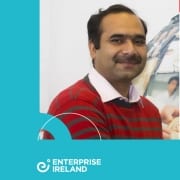
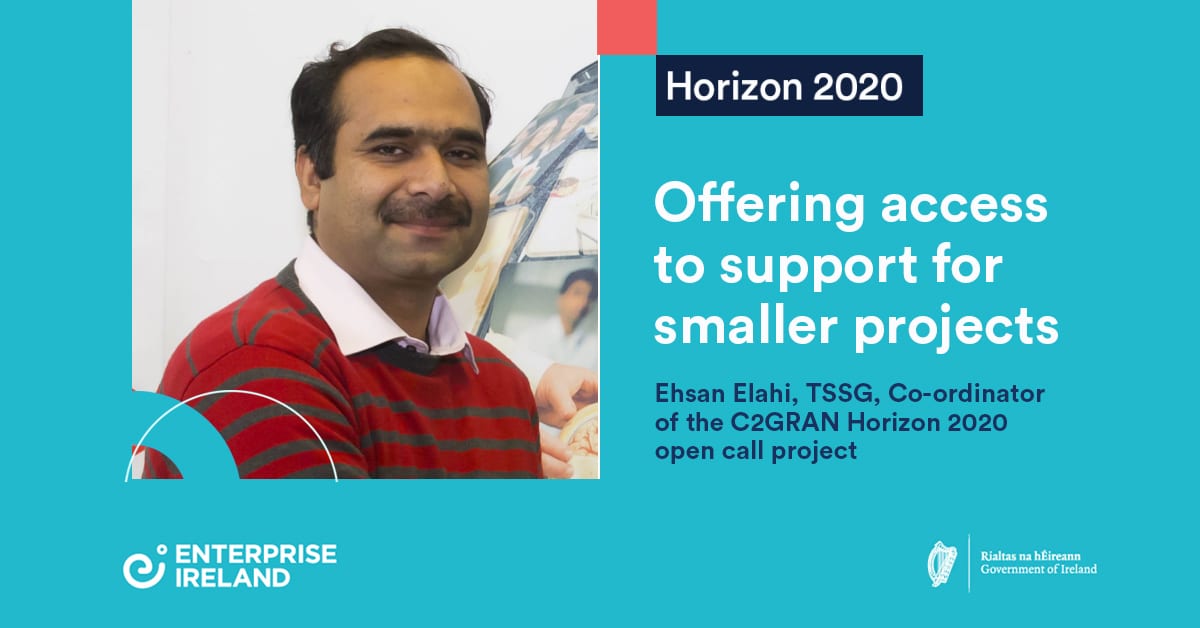


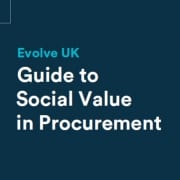
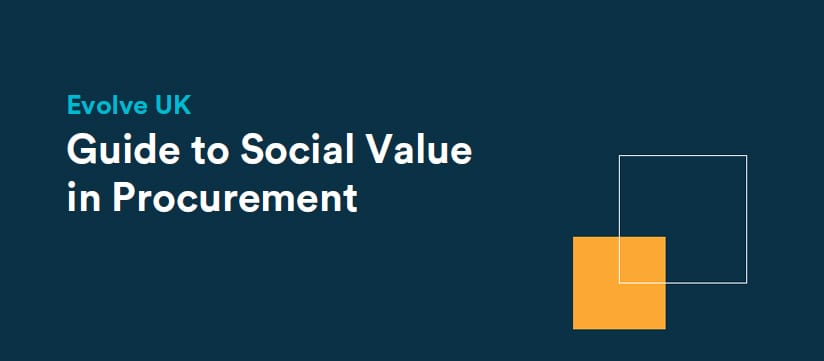

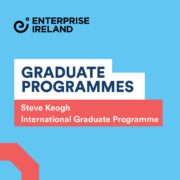
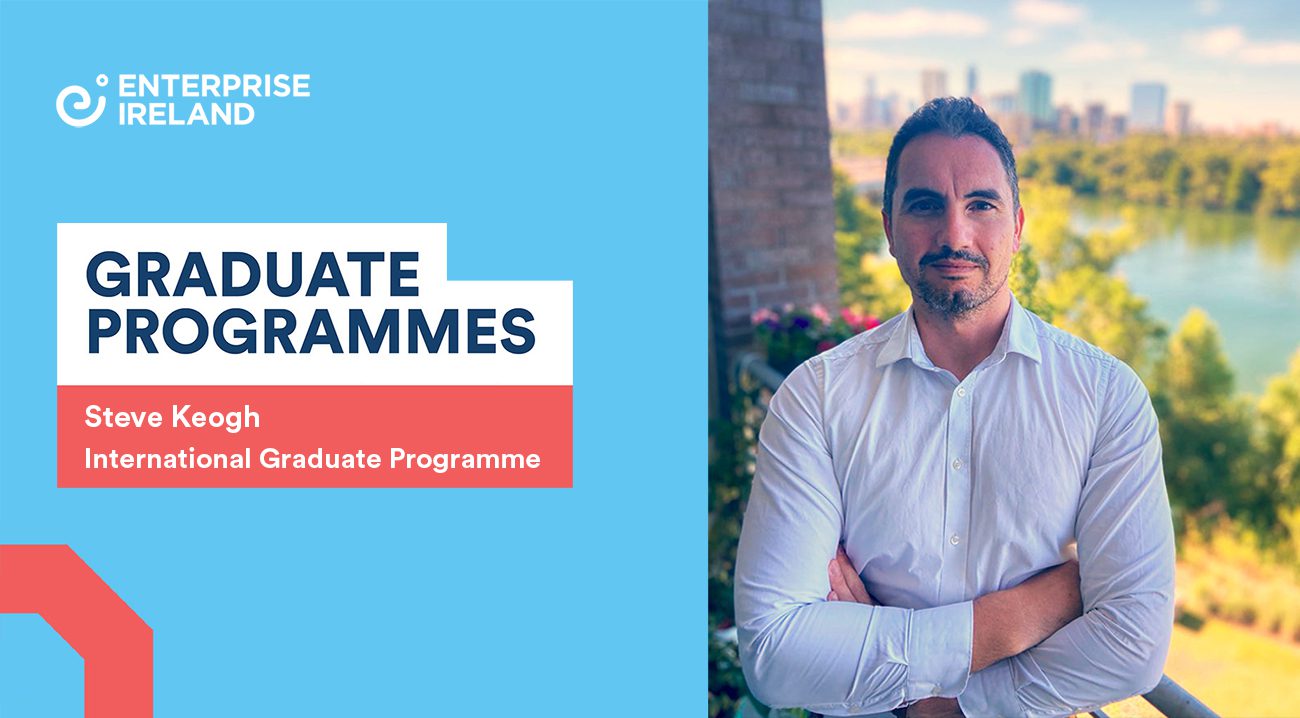



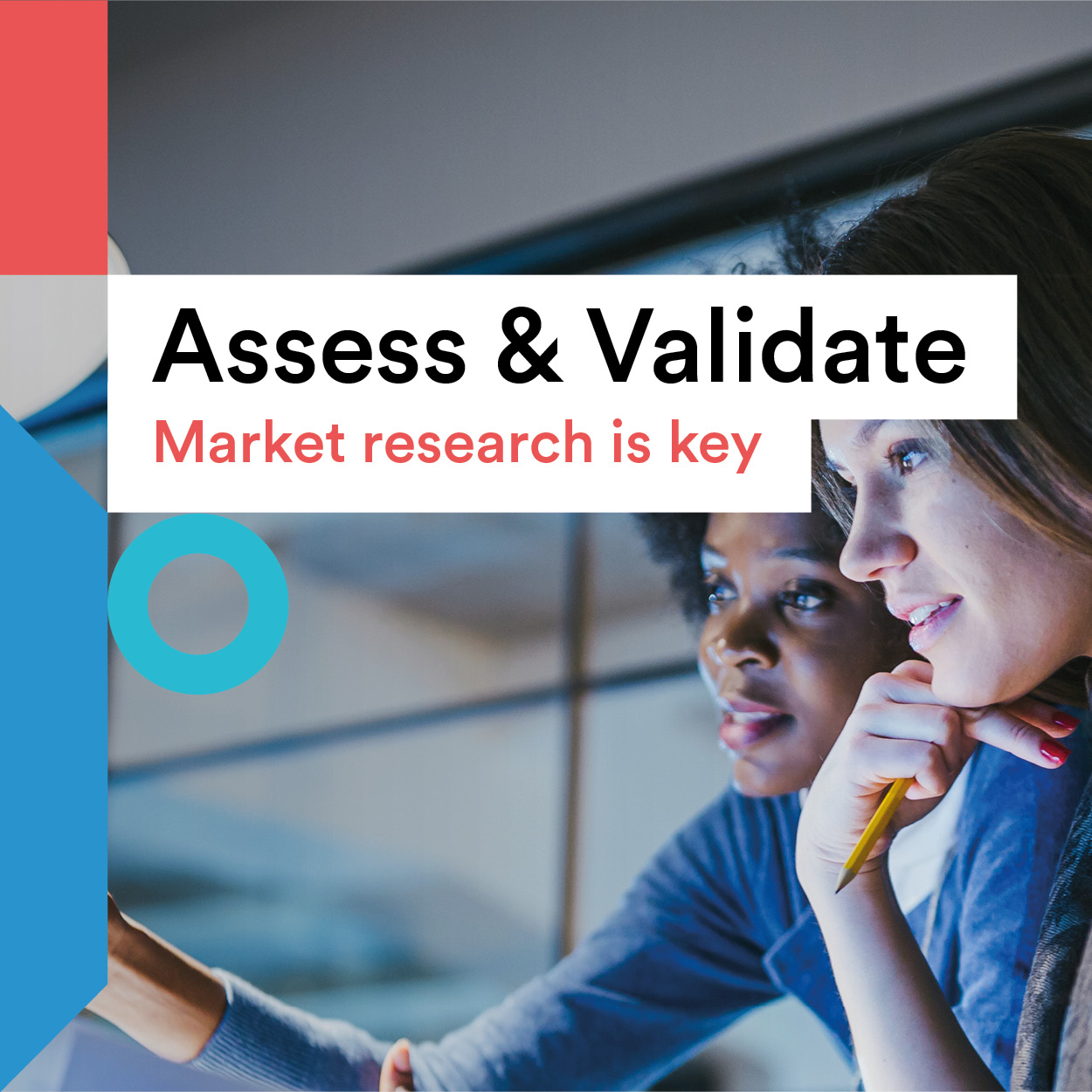
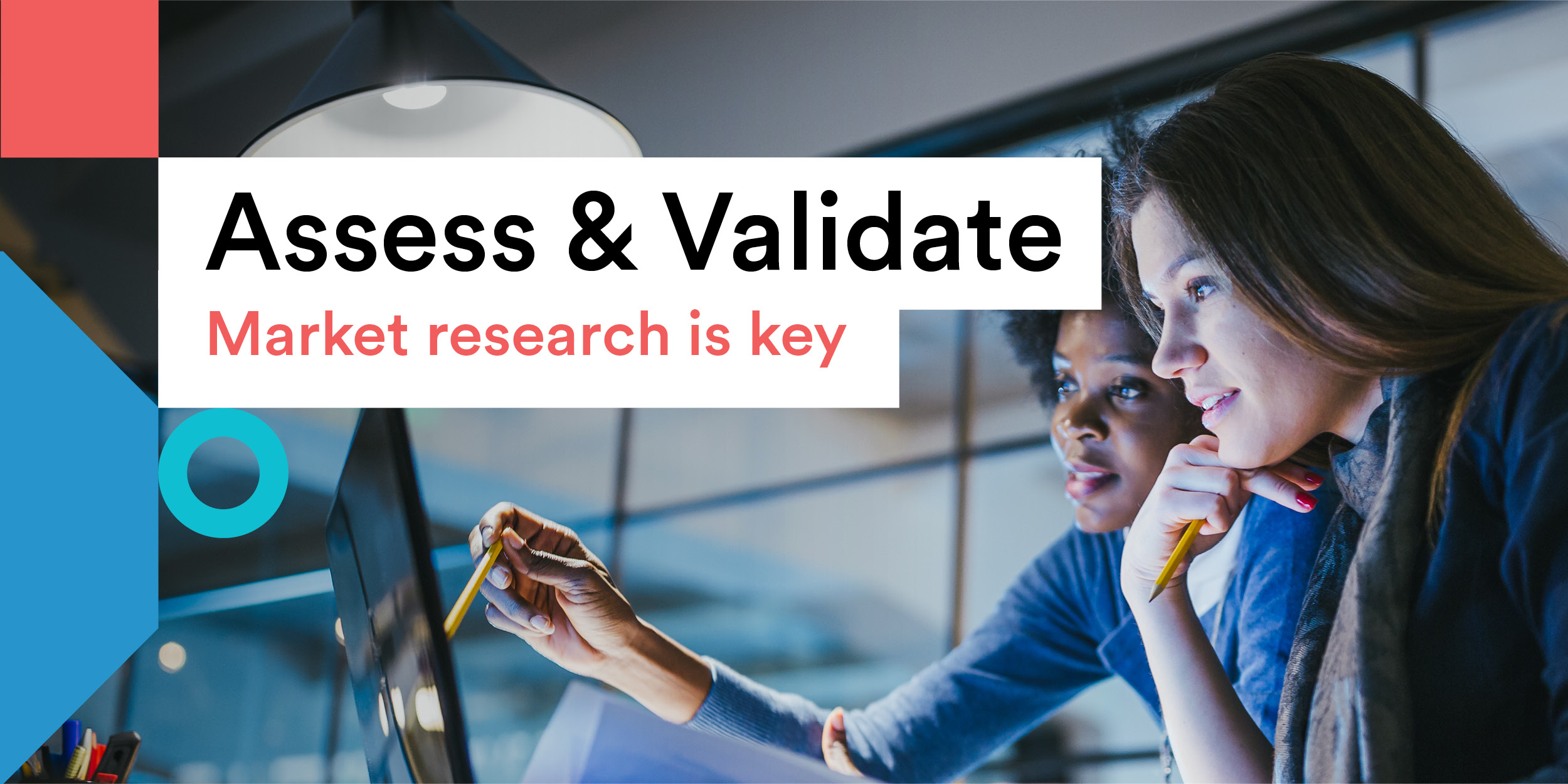

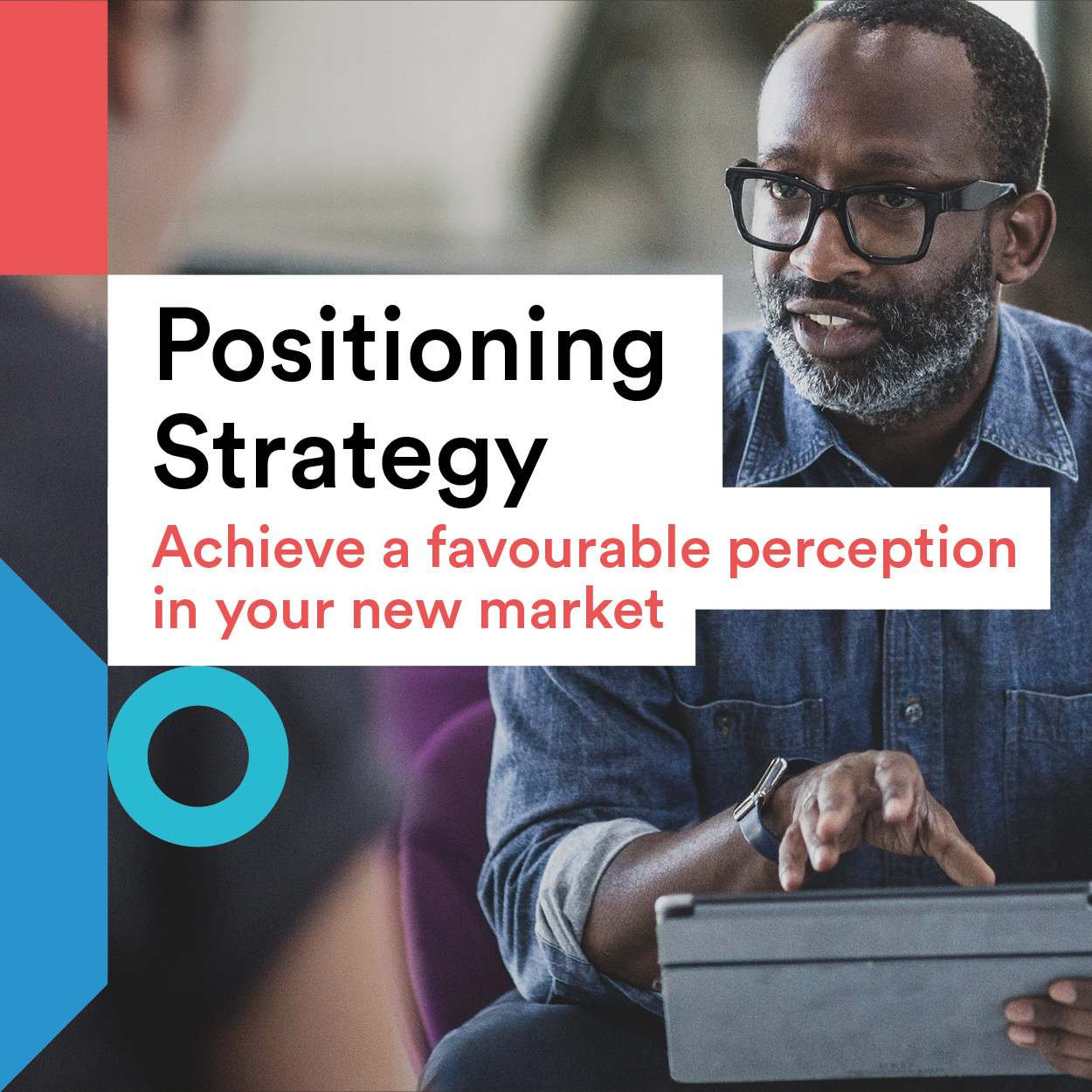
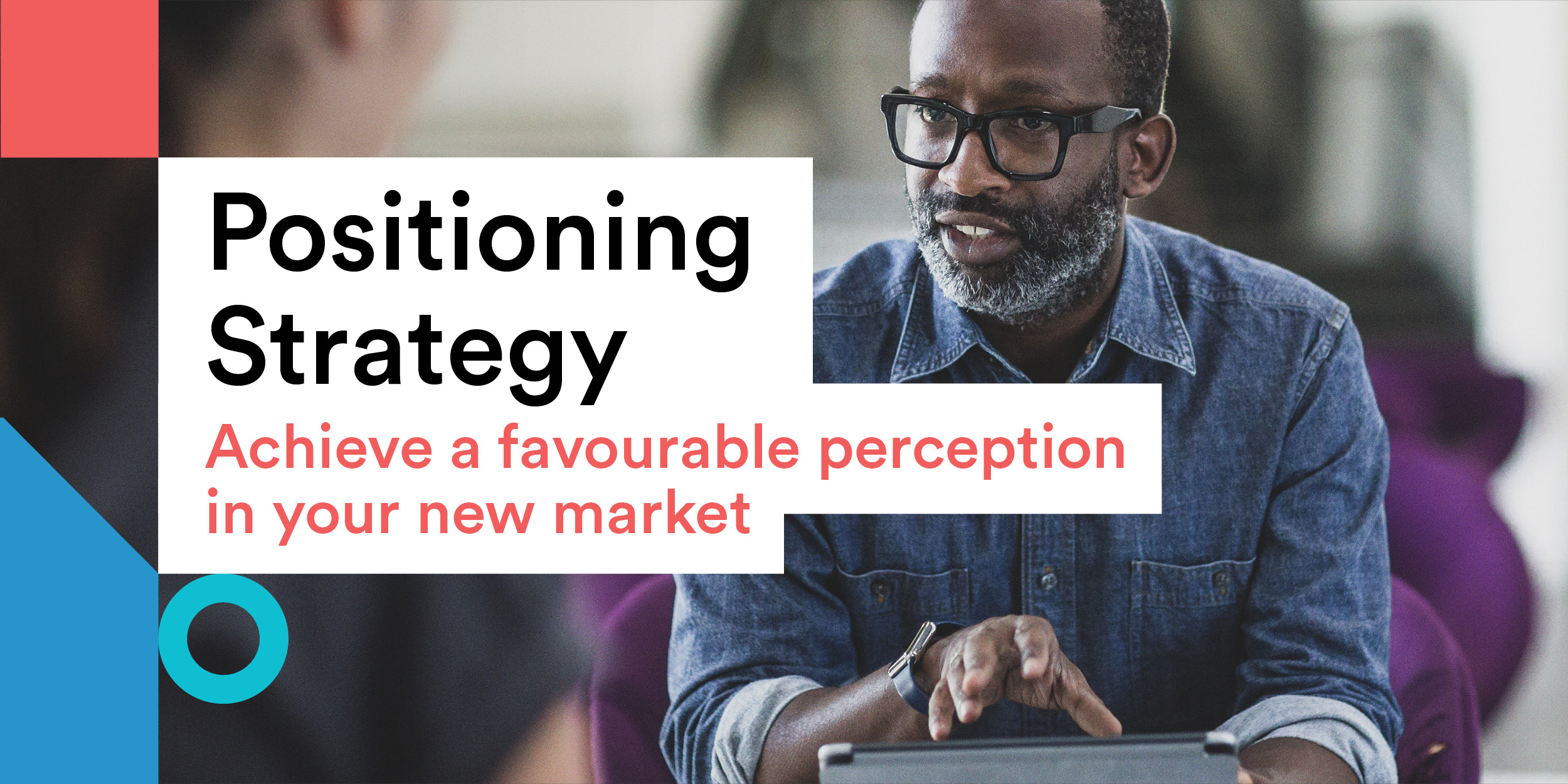

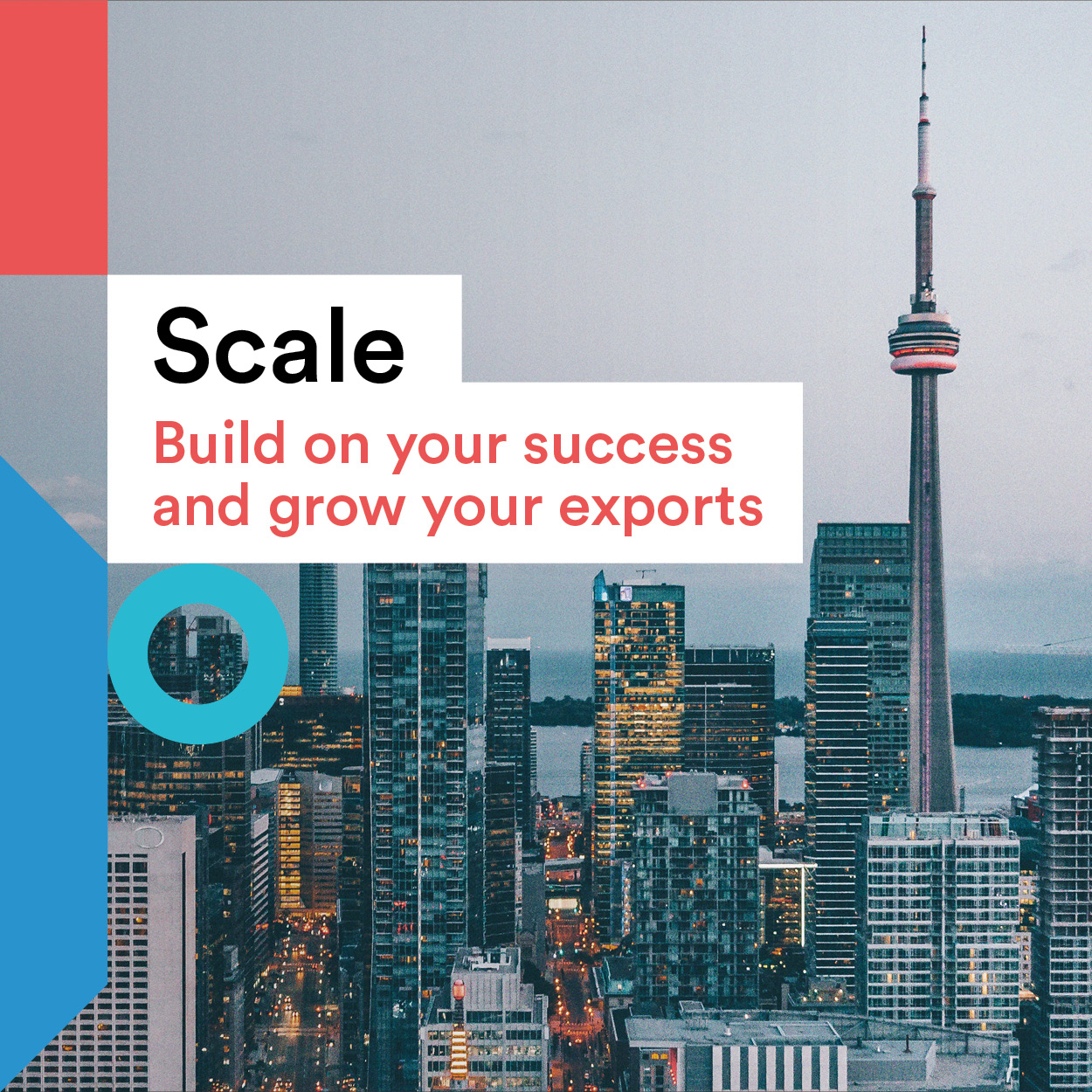
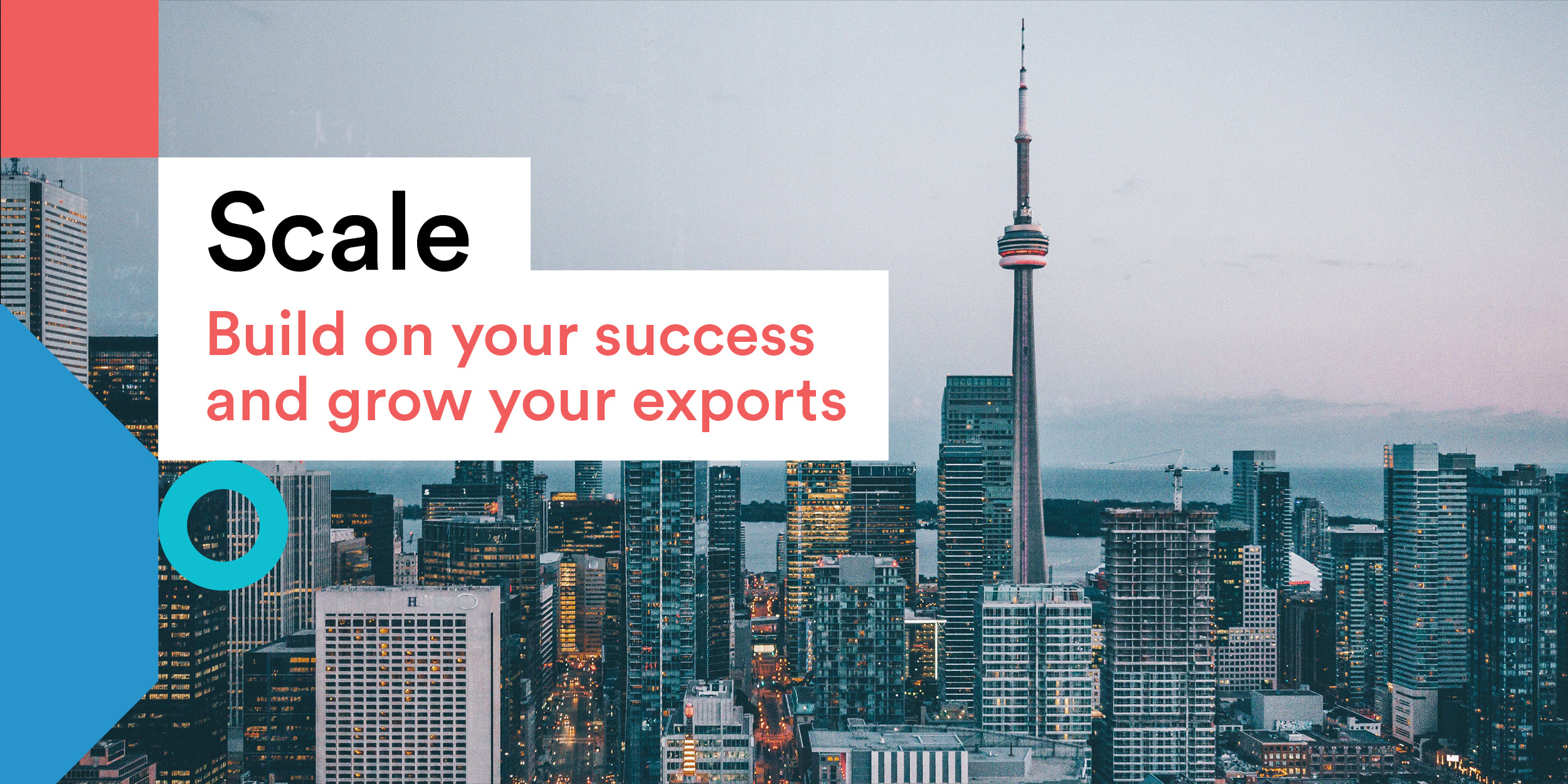 You are now successfully exporting to your first market. Now begin to build on this success and grow your exports.
You are now successfully exporting to your first market. Now begin to build on this success and grow your exports.
